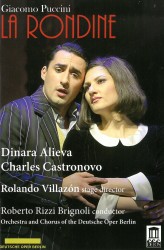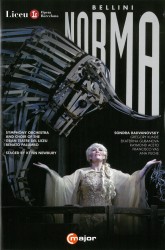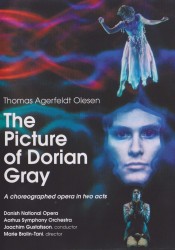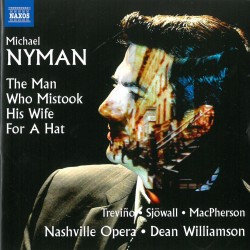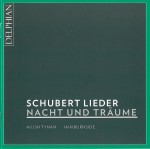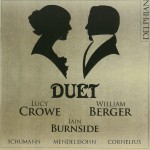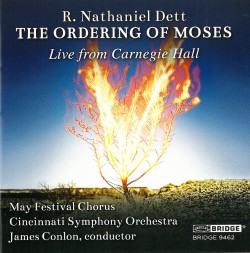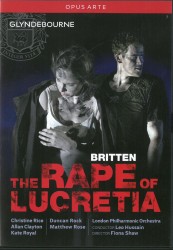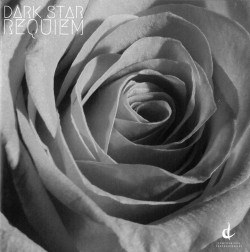Verismo - Anna Netrebko; Orchestra dell’Academia Nazionale de Santa Cecilia; Antonio Pappano
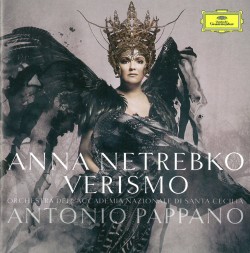 Verismo
Verismo
Anna Netrebko; Orchestra dell’Academia Nazionale de Santa Cecilia; Antonio Pappano
Deutsche Grammophon 4795015
Review
One of the most glorious moments in Turandot is when the ice princess warns Prince Calaf: “Gli enigmi sono tre, la morte una!” (The riddles are three, death is one!”), to which the prince answers “No, no, gli enigmi sono tre, una e la vita!” and the orchestra soars to a tremendous climax. Such a moment is captured in DG’s latest CD of La Diva Assoluta, Anna Netrebko, singing with her husband, tenor Yusif Eyvazov, adding real-life chemistry to this unforgettable moment. Puccini is of course generously represented here being the greatest exponent of Italian verismo, another golden age of Italian opera immediately following Verdi.
The divine Netrebko, whose stellar career has been closely followed in these pages, is stepping into new territory again as she hasn’t yet sung any of the great verismo soprano roles on stage, except Manon Lescaut in Rome in 2014 under Sir Antonio Pappano and this gave her the impetus for this new disc. Much of it is taken up with the entire fourth act, an epitome of despair and human suffering and a great vehicle for both the tenor and the soprano.
The 16 selections survey almost all composers of the period (with the glaring omission of Mascagni): Ponchielli, Giordano, Cilea, Boïto, Leoncavallo, Catalani each with one aria familiar to all opera lovers. Netrebko conquers them all with her wide vocal and emotional range, solid foundation of honey-coloured low register and spectacular high notes. And in this dazzling technical display what impresses most is her sincere, unassuming personality of a young woman who emerged from nothing and in a few years became a shining star and worthy successor of the immortals, like Callas and Sutherland.


